
Healthy living
Use our expert advice and recommendations to live your best life every day.
Get startedBy clicking a retailer link you consent to third-party cookies that track your onward journey. This enables W? to receive an affiliate commission if you make a purchase, which supports our mission to be the UK's consumer champion.
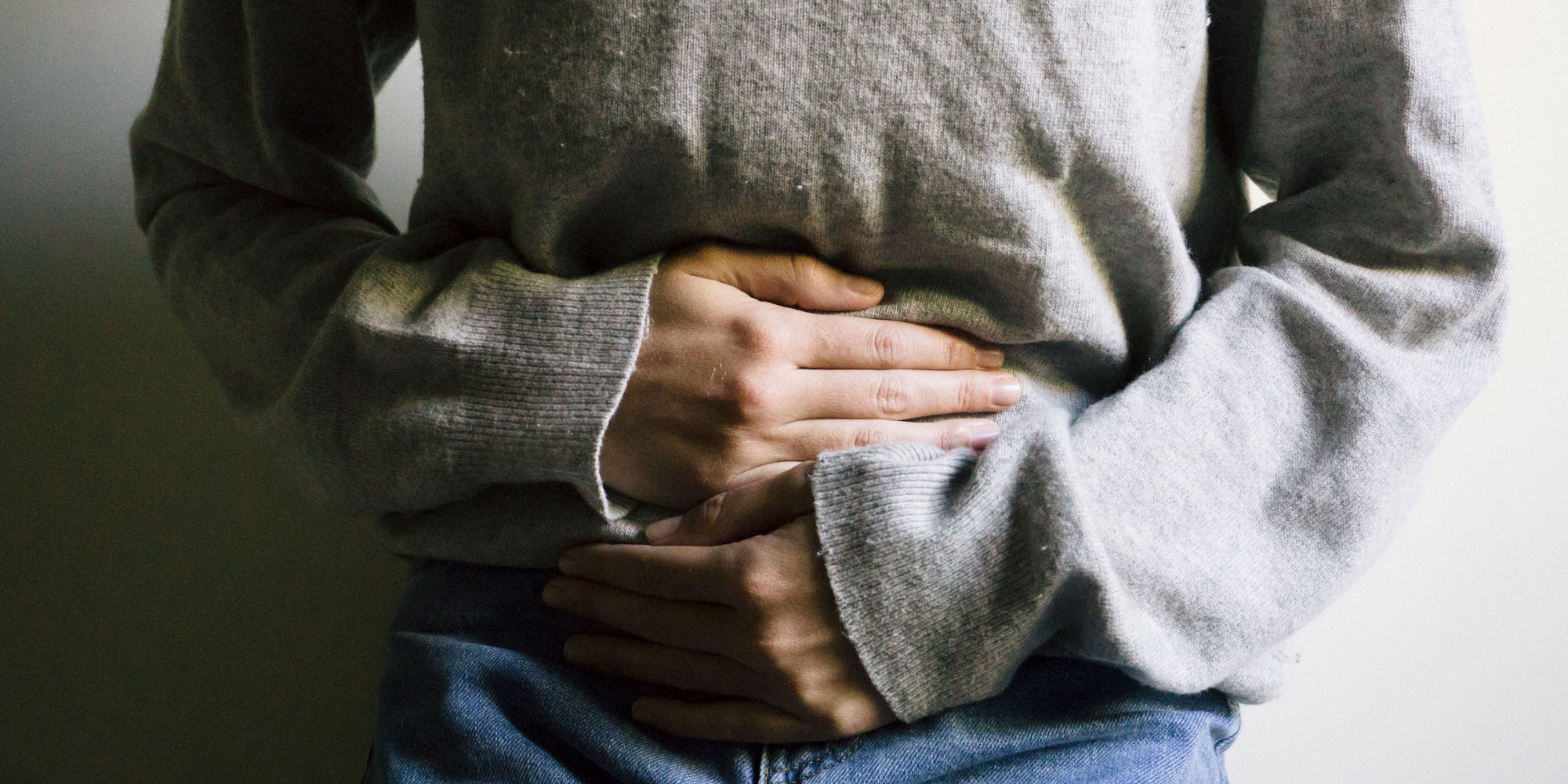
From detox teas to gut 'cleanses', supermarket shelves and online wellness stores are stacked with products promising to transform your digestion. But do they actually work or are they just expensive distractions?
To find out, we spoke with consultant dietitian Sophie Medlin, who has extensive experience working across the NHS, academia, and in her own private practice. Sophie's specialisms include the management of medical conditions such as irritable bowel syndrome (IBS), colorectal dysfunction, diverticular disease and polycystic ovarian syndrome.
Below, Sophie shares how she fits good gut health practices into her life and tips on the easiest ways to add them to yours.

‘As a specialist gut health dietitian, I’ve looked after people who are experiencing the worst-case scenario of gut health gone wrong. I always say, “everyone takes their bowel for granted until something goes wrong”.
‘Unfortunately, all the hype surrounding gut health nowadays, and more and more products and advice cropping up promising miracle results, means people think finding solutions when this happens has to be a real drain on finances.
'The worst I see are gut “cleanses” and “detoxes”, which all require people to cut things out of their diet rather than adding things in. Then there are expensive supplements that are usually laxatives in disguise. Beware of people selling these products or protocols and claiming to be gut health experts.
‘The truth is that the basics of good gut health don’t need any significant financial investment. Good gut health is all about adding more rather than taking things away. The key is to find a way to work these things I outline below into your daily routine.'
Sophie Medlin, consultant dietitian, founder of CityDietitians and chair of the British Dietetic Association for London. Sophie also works alongside our in-house nutritionist and research experts to assess, rate and test the best multivitamins and magnesium. Also read her advice on: How to restore sub-par gut health after antibiotics.
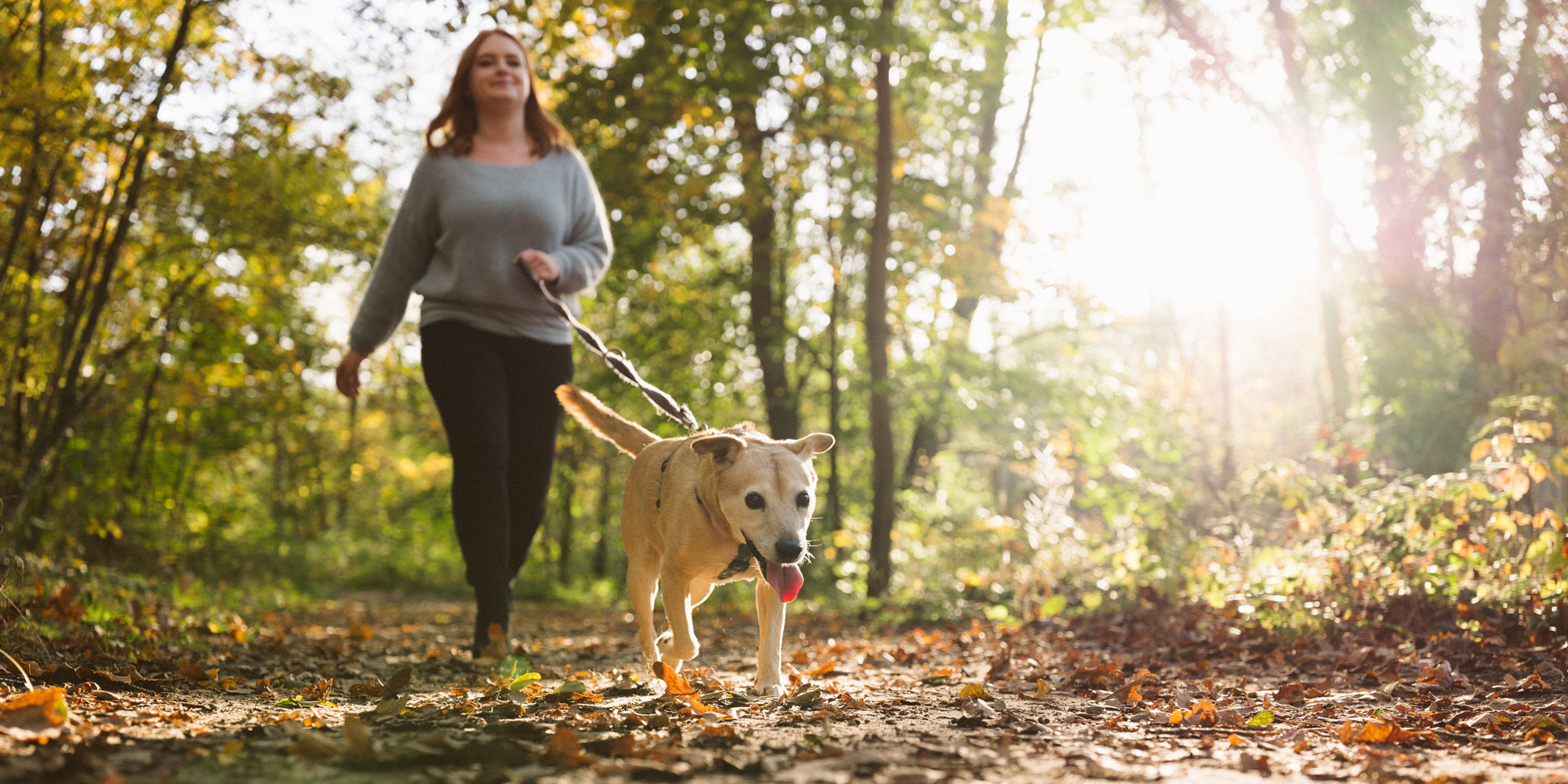
‘Walking, especially in nature, increases endorphins, our “feel-good” neurotransmitters, reduces cortisol (our stress hormone) and increases other positive neurotransmitters, such as serotonin and dopamine, which are also related to increasing resilience from stress.
'Stress hormones, such as cortisol, change blood flow and slow digestion. Cortisol also reduces gastric acid and digestive enzyme production, making digestion more challenging.
‘The vagus nerve connects the gut and the brain, and when we’re stressed, the vagal tone decreases, reducing gut motility, which can lead to bloating and other irritable bowel syndrome symptoms, such as excess gas production, constipation and diarrhoea.
‘Stress also reduces the number of beneficial bacteria in the bowel.
‘It can be helpful to remember that the opposite of “fight or flight” – our stress response – is “rest and digest”. This means that the more we keep our bodies in that rest and digest state, known as the parasympathetic nervous system, the better our gut will function.
‘Of course, we all experience stress in our lives, but finding stress-management solutions that fit into your daily life and can support greater stress resilience in the long term is key. Breath work, yoga, meditation and mindfulness practices, such as walking, and connecting with animals and nature, are all things that my patients find helpful.
‘What works for me is walking my dog. A brisk 40-minute walk before work helps me to be ready for a big day and, if my husband is off-duty, then doing the evening dog walk together after work helps us disconnect from the day.
‘The good news is, we can expect to feel the benefits of stress management to our digestion almost immediately in the same way we see negative digestive symptoms in response to acute stress. And regular stress management practices will help our gut to be more resilient to stress in the long term.'
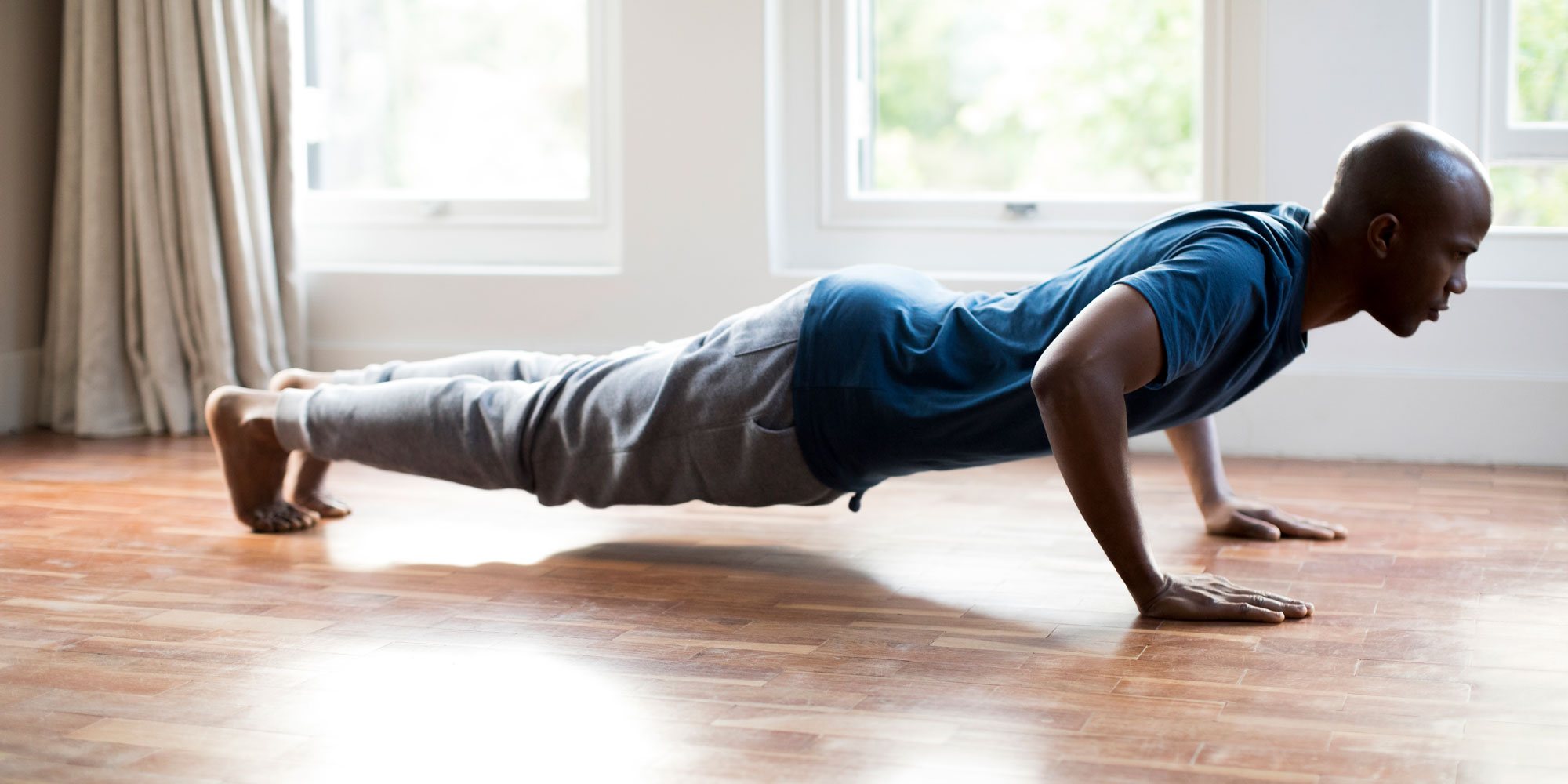
‘Exercise – particularly moderate-intensity exercise, such as brisk walking, jogging, swimming and strength training – supports our gut health by increasing microbial diversity. Most especially, exercise increases the gut micobiota species which produce a compound called butyrate. Butyrate helps to support the gut lining and reduces inflammation.
‘Exercise also supports gut motility, or the movement of stool through the bowel.
‘I do strength training in the gym three times per week, on the days I don’t have clinics, and of course, walk every day. I prefer to train in the gym, but there are so many free online bodyweight workouts now, which make it really accessible to do whenever and at no cost.'
See the best exercise bikes and treadmills, or our guide to the best and worst gyms – backed by feedback from more than 2,500 gym-goers

‘Yes, it might be obvious, but drinking plenty of water really is key to good digestion. I have a 1.2-litre cup with me at all times, and I aim to get through at least three cups per day. This is a lot of water, but I’m active. The Eatwell Guide from the NHS recommends six to eight smaller glasses a day. The main thing is just aiming to stay hydrated.
‘That’s because drinking plenty of water ensures our digestive juices and enzymes can all be released in the appropriate quantities to support digestion.
‘Water also helps to dissolve nutrients and carry them across the gut wall for absorption.
‘Further down in the bowel, adequate water consumption helps keep stools soft and easy to pass, and supports the movement of stool through the bowel.
‘The gut lining requires a well-hydrated mucous layer to make sure that nutrients can pass through, but harmful substances stay out. Some studies also show that well-hydrated people have a more diverse microbiome than those who are chronically dehydrated.
Drinking plenty of water ensures our digestive juices and enzymes can all be released in the appropriate quantities to support digestion.
‘My top tips for drinking more water if you struggle are to set a reminder on your phone or computer to drink every hour or so. Or keep a glass by the kettle and drink a glass of water while it’s boiling. Alternatively, you could keep a cup or bottle with you and set a target for how many to consume throughout the day.
‘If you struggle with bloating, belching or gas, fizzy water isn’t ideal. And our gut doesn’t love sugar or sweeteners, so limiting drinks containing these is ideal.
‘While sugar has been demonised, natural sugars found in fruits and dairy, for example, are nothing to be concerned about for gut health, but watch out for added sugars in cakes, biscuits and desserts, building up your intake. We generally have one dessert per week, which will usually be a homemade crumble or apple cake, and I may have a croissant at the weekend.
‘I also have one cup of decaf tea in the morning, and I might have a decaf coffee when I'm out.
‘I find that caffeine causes me to be too anxious, so I have cut it out completely. However, the good news is that coffee is actually good for our gut when we have it in moderation, so don’t feel guilty if you do enjoy coffee regularly, as long as it’s not causing anxiety or affecting sleep.'
For better hydration, see our pick of the best water filter jugs, as well as SodaStream and sparkling water makers
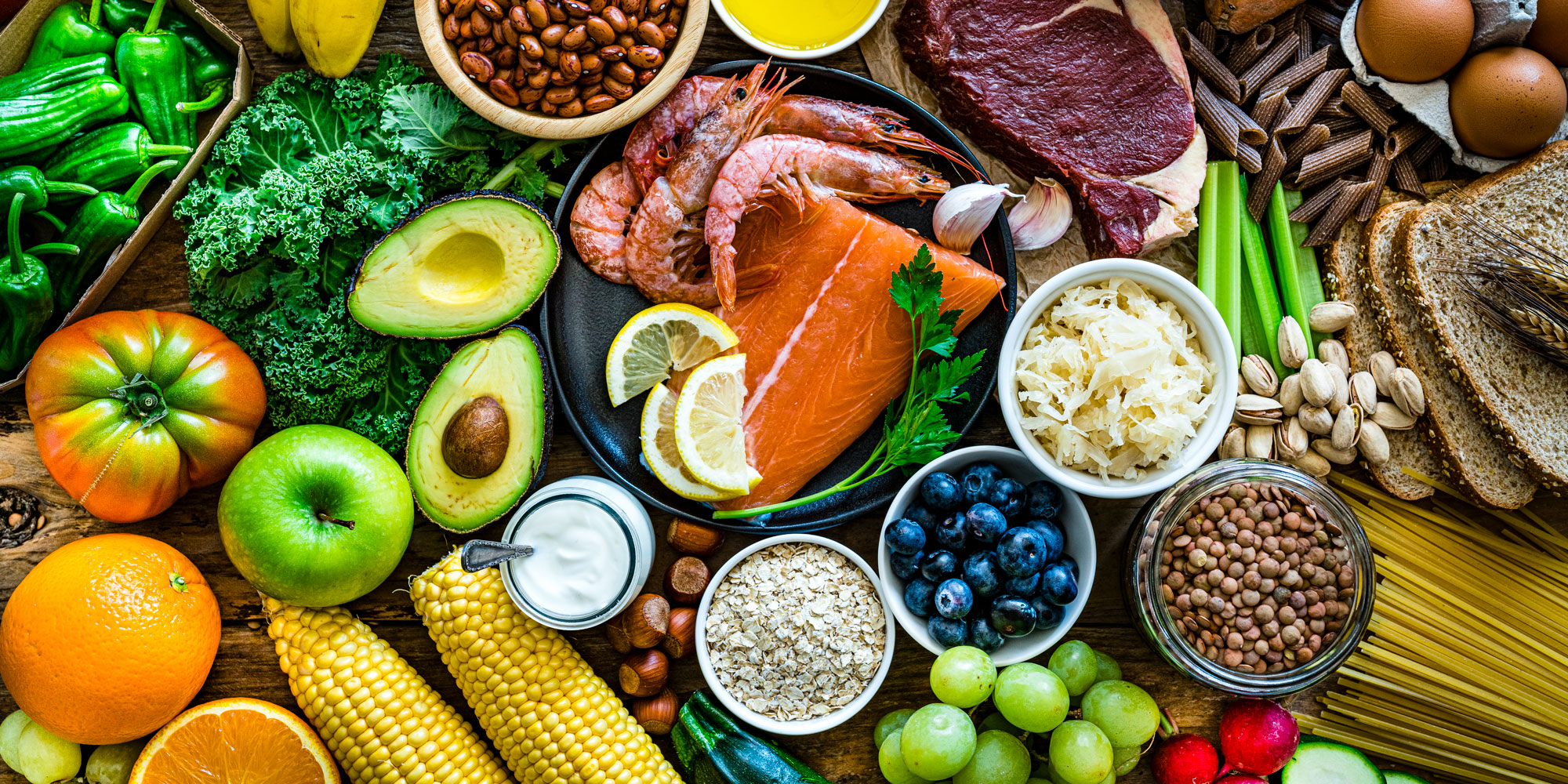
‘Your gut microbiome benefits hugely from having a diverse range of fruits and vegetables, as each will feed different beneficial bacteria.
‘The fibre in fruits and vegetables also helps digestion by adding bulk to the stool and drawing liquid to the bowel, making digestion more efficient and comfortable.
‘I have peppers and mushrooms with eggs in the morning or oats with mixed frozen berries. Then a snack of dates and nuts mid-morning, if needed.
‘Generally, it’s a mixed salad for lunch. Then another snack of hummus and carrots in the afternoon, if needed.
‘We like to have four to five different types of veg with our evening meal. This is usually two colourful veg, such as squash and beetroot, and three types of green veg, such as kale, cabbage and broccoli or bok choy.
‘When you’re adding more plants into your diet, chewing more is really helpful as this will break the fibre down better, making the new foods less likely to cause bloating and gas.
‘Take your time over each mouthful, putting the fork down in between and try to avoid distractions while eating, such as being at your desk, which will make you eat faster and less mindfully.'
‘Start by building veg into one of your meals in the day that might be lacking and adding one snack of fruit or veg. Build up gradually from there once the habit sticks.
‘While fruits and veg are expensive at the moment, choosing the seasonal selections will keep costs down and, because these rotate through the year, you’ll get a better range of plants in your diet rather than getting stuck eating the same ones on repeat.
‘This autumn, experiment with the beautiful winter squash and leafy greens, which are all in season. And stew up some apples and plums, and keep them in the freezer to add to porridge or yoghurt, so you’ve always got something on standby.'

Use our expert advice and recommendations to live your best life every day.
Get started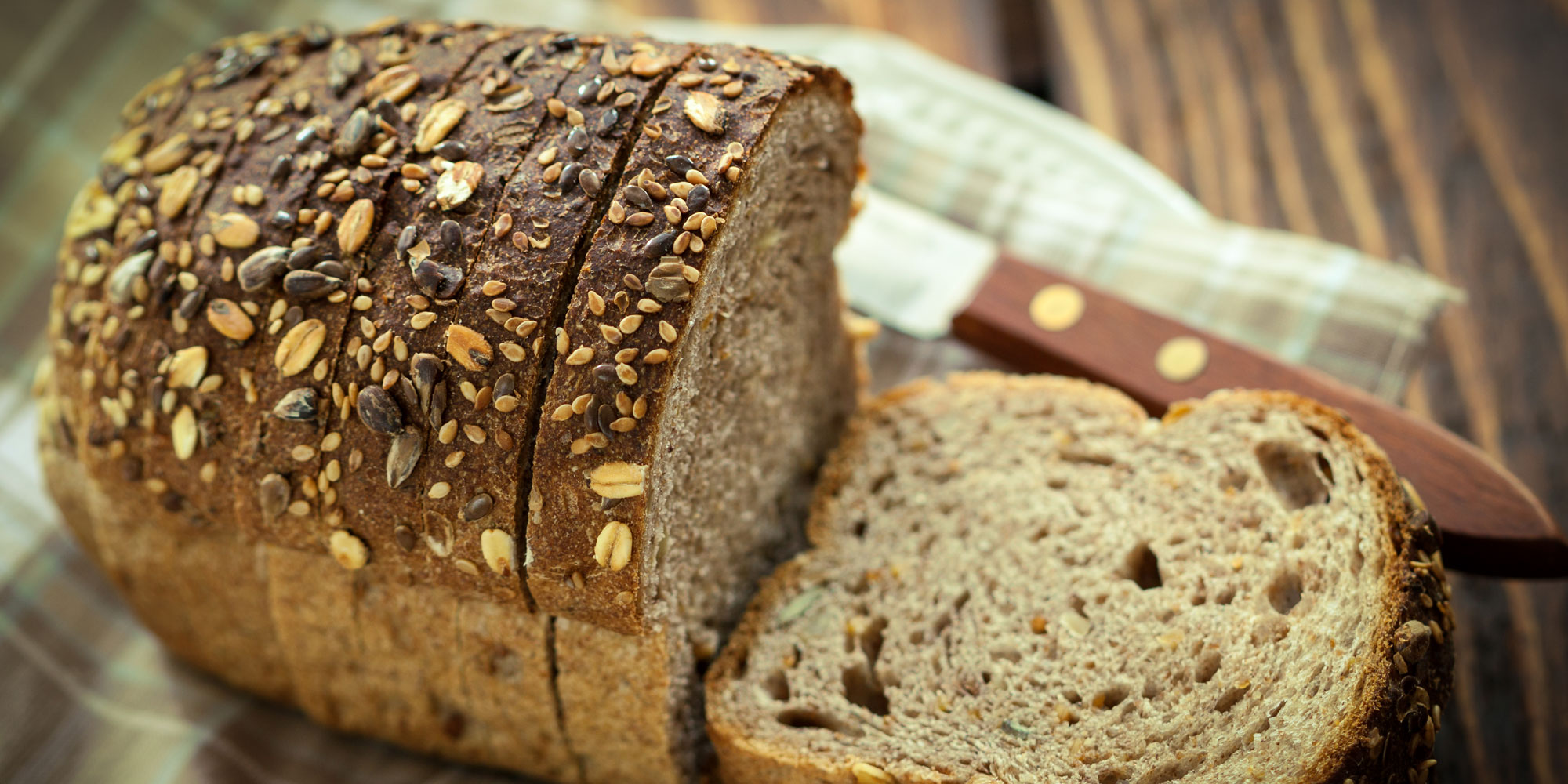
‘Bread has been demonised in the press recently, and it’s certainly true that not all bread is the best option for you.
‘If bread is a staple in your diet, it may be worth looking at the quality of what you’re choosing to make sure you’re limiting the more ultra-processed varieties and getting more gut health benefits.
‘Having a range of different wholegrain carbohydrates in your diet is key to good gut health.
‘In the UK, we generally have wheat and oats as our main grain sources. A multigrain bread will contain other grains besides wheat, such as rye and spelt, which will feed different types of beneficial bacteria when compared with a bread that only contains wheat.
‘Having a seeded bread also adds extra fibre and seeds contain additional nutrients that can be harder to find elsewhere in the diet, such as healthy fats, magnesium, zinc and selenium.
‘I have one slice of bread most days, but make sure that one slice is the best quality I can afford.'
Discover the best bread makers – we've tested options from Panasonic, Morphy Richards and more

‘Unfortunately, we can’t talk about good gut health habits without talking about the things our gut doesn’t like.
‘Alcohol has wide-ranging and negative impacts on the gut. It causes irritation to the lining of the gut, increasing inflammation and impacts gut permeability, making it more likely that harmful compounds can enter the bloodstream. It also increases our risk of stomach ulcers and can cause acid reflux.
We also know that alcohol reduces the levels of beneficial bacteria in the bowel and increases the numbers of harmful bacteria.
‘The way I manage alcohol intake is to not drink at home and to limit alcohol to two glasses of wine when I'm having dinner with friends. I appreciate that this would feel difficult for some people and might make me sound boring.
Alcohol causes irritation to the lining of the gut, increasing inflammation, and it impacts gut permeability making it more likely that harmful compounds can enter the bloodstream.
‘If you feel that reducing alcohol may be of benefit to you, start by committing to at least three consecutive alcohol free days per week, which will allow your liver and gut a break to start recovering.
‘Ultra-processed foods (UPFs) are also not ideal for our gut. This is partly due to preservatives in them, which are there to suppress bacteria, and due to emulsifiers, which may impact the bowel wall, but it is also because they displace foods in our diet that are more nourishing.
‘It’s worth being aware of which foods in your diet are UPFs and trying to cut back gradually. However, remember that in the research into UPFs, even those with the best health outcomes involve consuming some UPFs, so we don’t need to panic about eliminating them completely.'
For smart swaps, see our advice on the best alcohol-free beer and alcohol-free sparkling wine
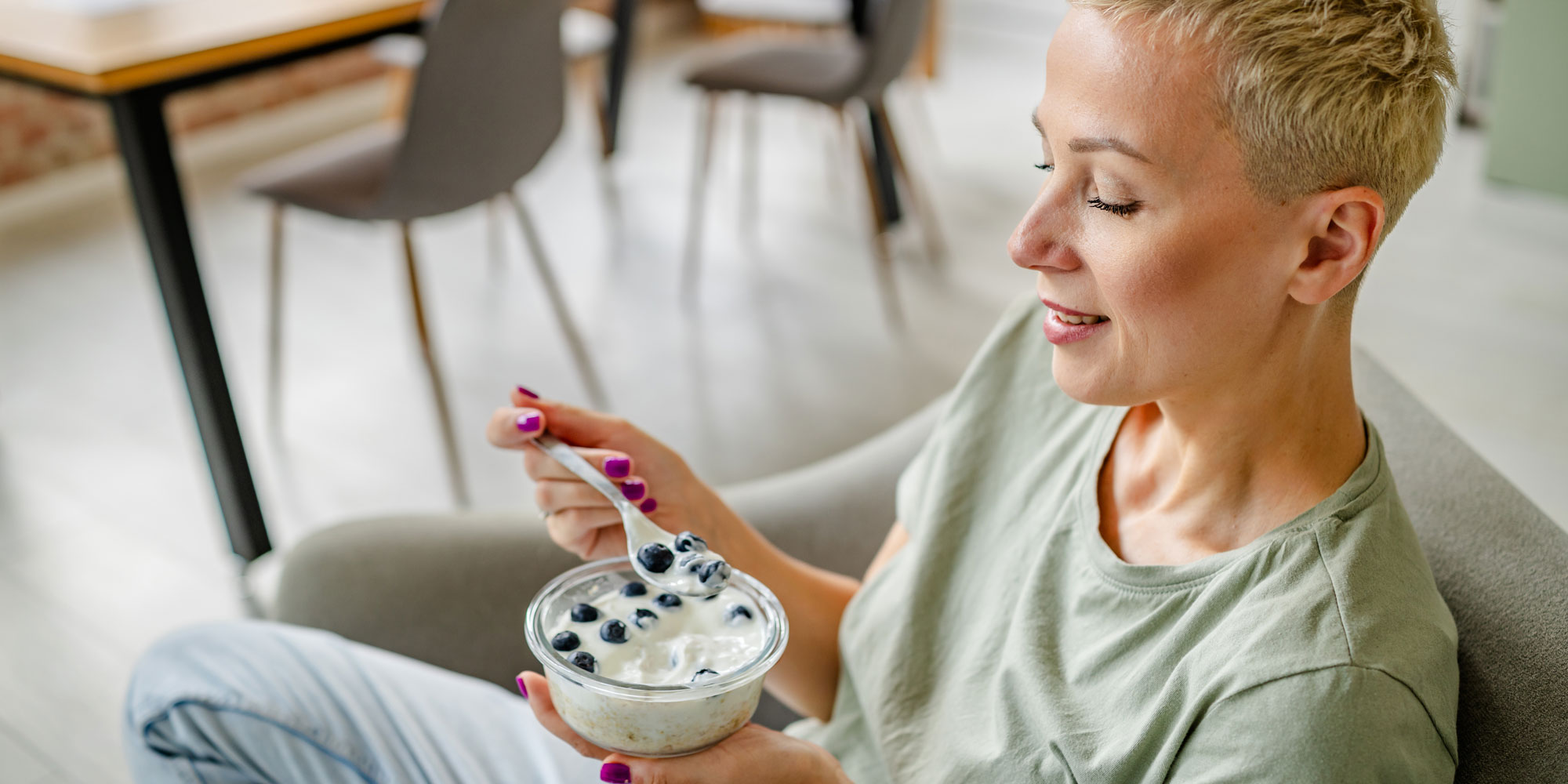
‘I love yoghurt and kefir, and try to have some most days. Don’t feel you need to splash out on a brand with big claims. All yoghurts and kefirs will have some beneficial bacteria.
‘I choose kefir from Eastern European companies as it’s been a staple in certain cultures for far longer than in ours. In the supermarket, this will usually be within the fridge section with other “cultural foods”, but we usually buy ours from local shops.
‘Try to choose unflavoured and add to fruit if you don’t like the taste on its own, otherwise the added sugar and flavourings can counteract some of the benefits.
‘I also love tzatziki to get the beneficial yoghurt bacteria into my evening meals. It pairs well with chicken, salmon and vegetarian dishes. We make it ourselves from live yogurt, which is cheaper, but tzatziki from the shop works just as well.'
See our round-up of the best kefir drinks. Testers blind-tasted drinks from the top brands to find out which were the tastiest
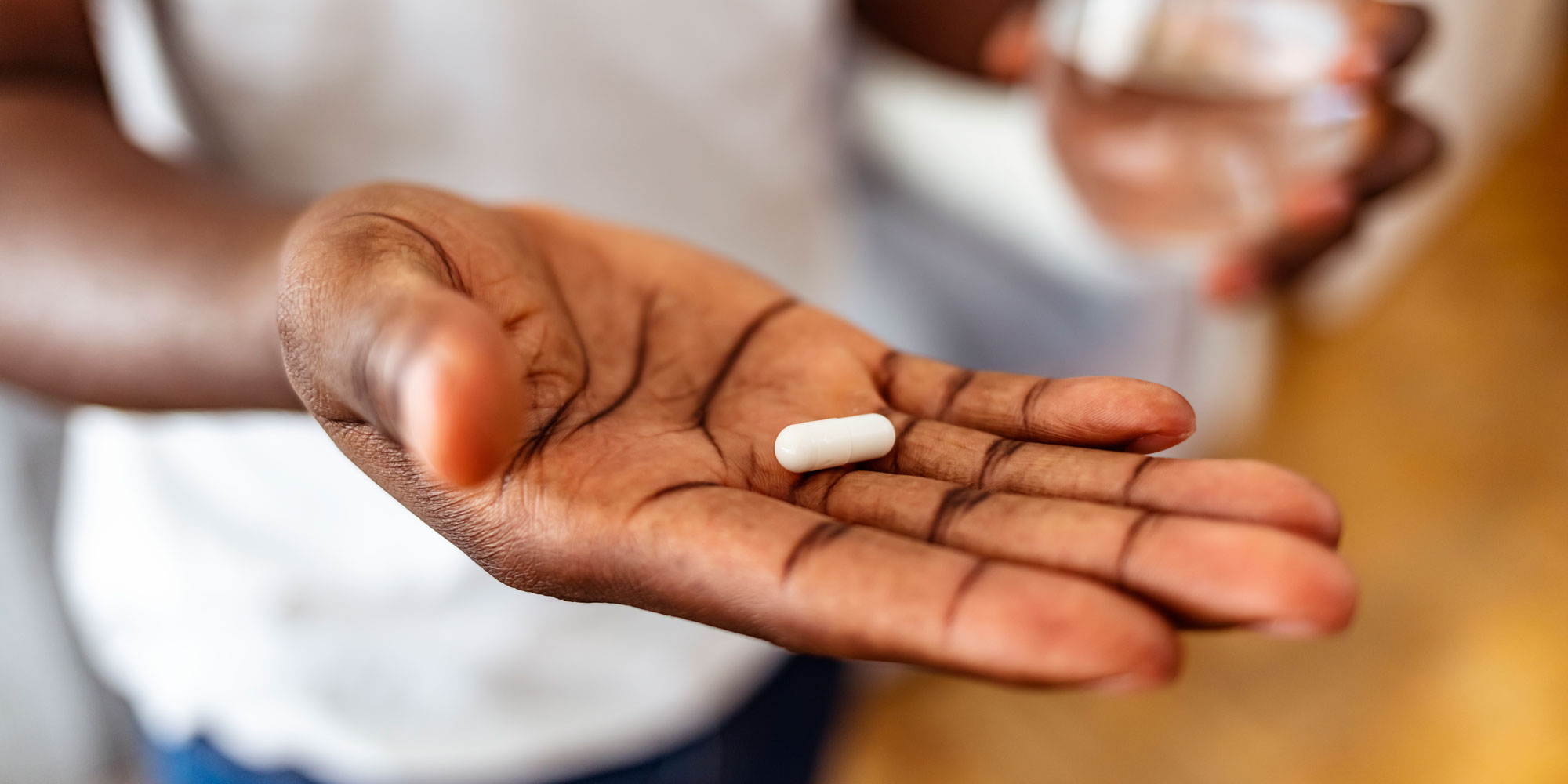
‘When it comes to prebiotic supplements, most people don’t need them because we get plenty of prebiotics from our diet when we eat lots of varied plants.
‘With probiotics, unless you have a digestive problem or experience digestive symptoms or if you're taking antibiotics, or are planning foreign travel, we don’t really need them.'
For the full picture, check in with our advice on the supplements you do and don't need. If you think you might need probiotics, see our review of the best probiotic supplements.